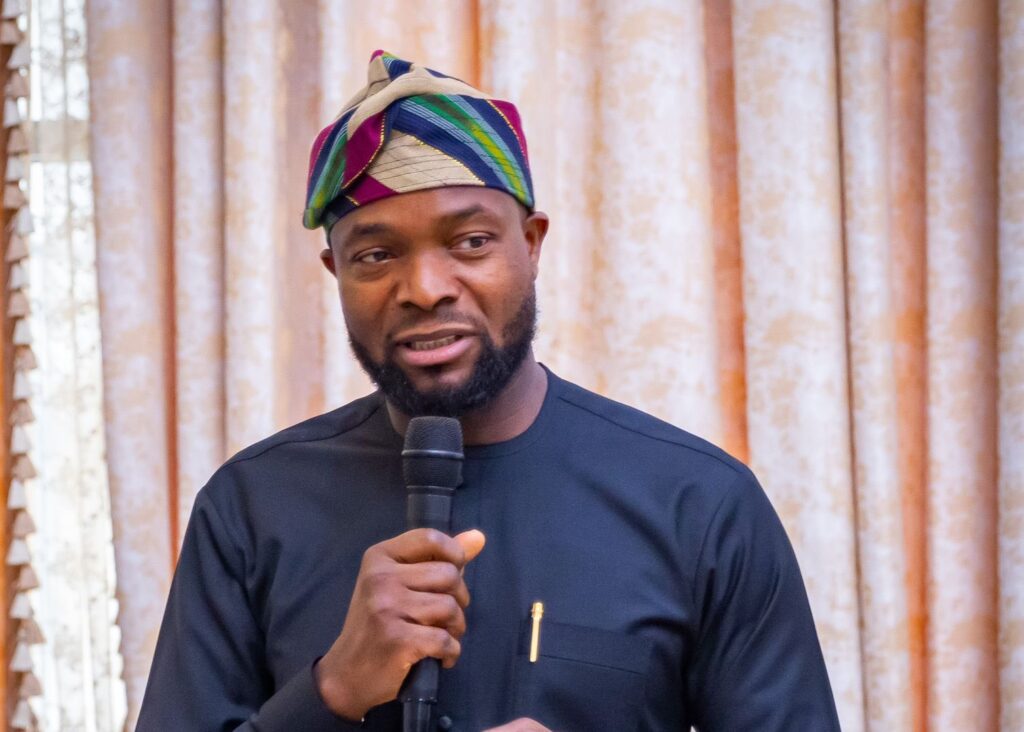Elon Musk’s brain-chip venture Neuralink on Wednesday, broadcasted its livestream of a patient utilizing a chip implanted in his brain to engage in online chess using his mind.
Noland Arbaugh, a 29-year-old individual paralyzed below the shoulder due to a diving accident, maneuvered a chess game on his laptop by manipulating the cursor with the Neuralink device. The implant aims to empower individuals to control a computer cursor or keyboard solely through their thoughts.
Arbaugh had undergone implantation surgery by the company in January and was able to operate a computer mouse using his thoughts, as stated by Musk last month.
In the video streamed on Musk’s social media platform X, Arbaugh described the implant procedure as “super easy,” adding, “I literally was released from the hospital a day later. I have no cognitive impairments.” He expressed gratitude for being able to resume activities he had given up, such as playing the game Civilization VI, and even played for eight hours straight.
While discussing his experience with the new technology, Arbaugh acknowledged that it is “not perfect” and has encountered some challenges. He emphasized that there is still much work to be done but affirmed that it has already transformed his life.
Kip Ludwig, former program director for neural engineering at the U.S. National Institutes of Health, commented that what Neuralink demonstrated was not a “breakthrough” but rather an early stage of post-implantation.
He highlighted the ongoing learning process for both Neuralink and the subject to maximize control over information. However, Ludwig viewed the ability of the patient to interface with a computer in a manner previously unattainable as a positive development, calling it a “good starting point.”











